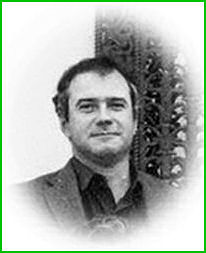

Kent was born in Philadelphia in 1934; the son of artist Vaughn Flannery.
He began his career in the field of archaeology as a graduate student studying Mesoamerica and Mesopotamia, and received his doctorate from the University of Chicago in 1964.
His research has taken him to Mexico, Guatemala, Peru and Iran. He began by studying the transition from hunting and gathering to agriculture and animal domestication. In Iran, this involved the domestication of wheat, barley, sheep, goats, cattle and pigs. In Mexico, it involved corn, beans, squash and turkeys. In Peru, it involved gourds, cotton, manioc, sweet potatoes, llamas and guinea pigs.
He went on to study the way successful farming and herding led to population increase and the rise of societies with hereditary rulers and commoners, monumental architecture, warfare, craft specialization and highly developed irrigation systems. This latter research continues today.
Kent is currently Professor of Archaeology at the University of Michigan, and is also the Curator for Zooarchaeology at the University of Michigan's Museum of Anthropology.
He is author and editor of numerous works including “The Early Mesoamerican Village” (1976), “The Cloud People : Divergent Evolution of Zapotec and Mixtec Civilisations” (1983), “Gila Naquitz: Archaic Foraging and Early Agriculture” (1986), “The Flocks of Wamani : A Study of Llama Herders on the Punas of Ayacucho, Peru” (1989), “Early Formative Pottery of the Valley of Oaxaca” (1994), and “Zapotec Civilisation : How Urban Society Evolved in Mexico’s Oaxaca Valley” (1997).
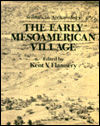
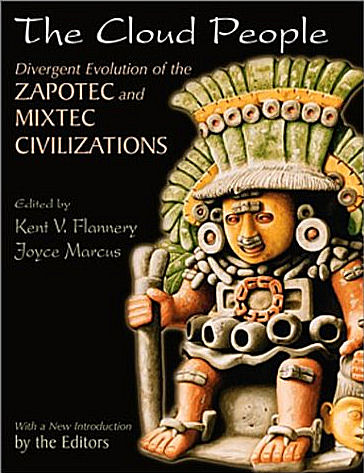
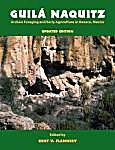
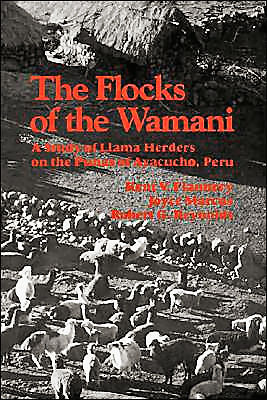
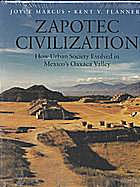
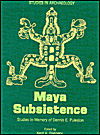
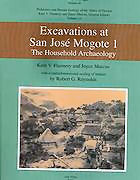
Kent is one of the preeminent archaeologists in the field of Mesoamerican agriculture, and is probably best known for his research on the origins of agriculture in Mesoamerica. In his own words, "I have already traveled many thousands of miles on that particular wagon, and I yearn to step down and tackle other problems." He is also known as an Environmental Archaeologist, and is a member of the National Academy of Scientists and the Cambridge Journal Editorial Advisory Board.
Kent is widely regarded as an expert on prehistoric human ecology and cultural evolution, and is well known for describing what he calls the “broad-spectrum revolution”, the shift from hunting and gathering to the exploitation of wild resources.
[his portrait is illustrated above; source unrecorded]